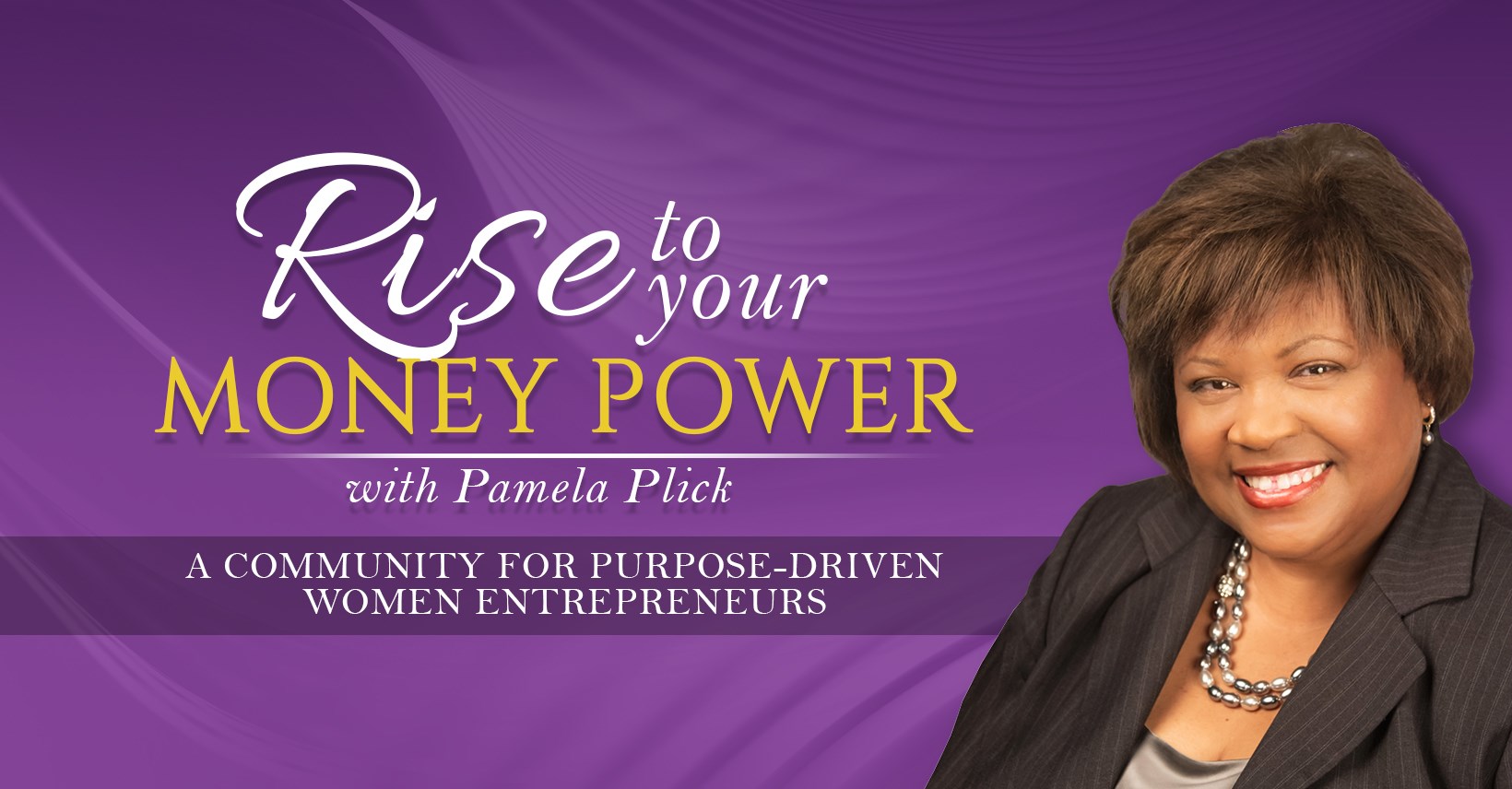Have you ever looked at your bank statement and wondered, “Where did it all go?”
You’re not alone. It’s easy to fall into unconscious spending habits that drain your wallet and leave you feeling stuck. But what if you could shift from financial anxiety to empowered clarity—one mindful decision at a time?
By embracing mindfulness in your spending, you can transform your financial reality, align your money with your values, and create a life that reflects your true purpose.
In today’s fast-paced world, it’s all too easy to let money slip through our fingers without realizing it. With constant digital distractions and emotional triggers, spending can quickly become reactive rather than intentional. But by integrating mindfulness into your financial life, you can slow down, become more aware of your choices, and align your money with your values. Let’s explore how mindful spending is not only a path to financial autonomy, but a practice in self-empowerment.
1. Understand Your Spending Triggers
Spending isn’t always logical—it’s emotional. Stress, boredom, or even joy can lead to impulsive purchases. Becoming aware of your emotional triggers is the first step toward regaining control over your finances. Mindfulness invites you to pause before you purchase and ask, “Why am I really buying this?”
Action Step:
Keep a journal for one week to track not just what you spend, but how you feel when you spend it. Look for patterns and insights.
2. Align Spending with Your Values
When your spending aligns with your values, every dollar becomes a vote for the life you want to lead. This not only enhances your sense of purpose, but also brings clarity and peace of mind. Mindful spending helps you say “yes” to what truly matters—and confidently say “no” to what doesn’t.
Action Step:
List your top five values and review your recent purchases. Are they in alignment? Make one intentional change this week to shift your spending in a value-based direction.
3. Practice Conscious Consumption
Mindfulness means making space to think before you act. When applied to money, it’s about questioning the necessity, quality, and impact of your purchases. Conscious consumption is not about deprivation—it’s about choice and empowerment.
Action Step:
Before making a non-essential purchase, wait 24 hours. During that time, reflect on whether the item enhances your life or distracts from your goals.
4. Embrace Financial Simplicity
Complex financial lives often lead to stress and disconnection. Simplifying your finances—fewer accounts, automatic savings, and intentional budgeting—can help you feel more in control and less overwhelmed.
Action Step:
Declutter your financial life by consolidating one area this week—such as closing unused accounts or unsubscribing from marketing emails that trigger spending.
5. Set Mindful Money Rituals
Creating rituals around money fosters awareness and respect. Whether it’s a weekly money check-in, gratitude practice, or setting financial intentions, rituals build consistency and connection with your financial journey.
Action Step:
Schedule a 15-minute weekly “money date” with yourself to review spending, set intentions, and celebrate small wins.
Mindful spending is more than a budgeting tactic—it’s a personal growth journey. By tuning into your emotions, values, and habits, you can transform how you relate to money. This practice doesn’t just change your finances; it changes how you show up in the world—with purpose, confidence, and power.
Are you ready to break free from challenging patterns and blocks, and take charge of your financial destiny? If so, this is your moment! Join me for a powerful MONEY POWER BREAKTHROUGH Call, where we’ll outline a personalized mini-plan to empower your relationship with money. Learn more and apply here: https://pamelaplick.com/breakthroughcall/






